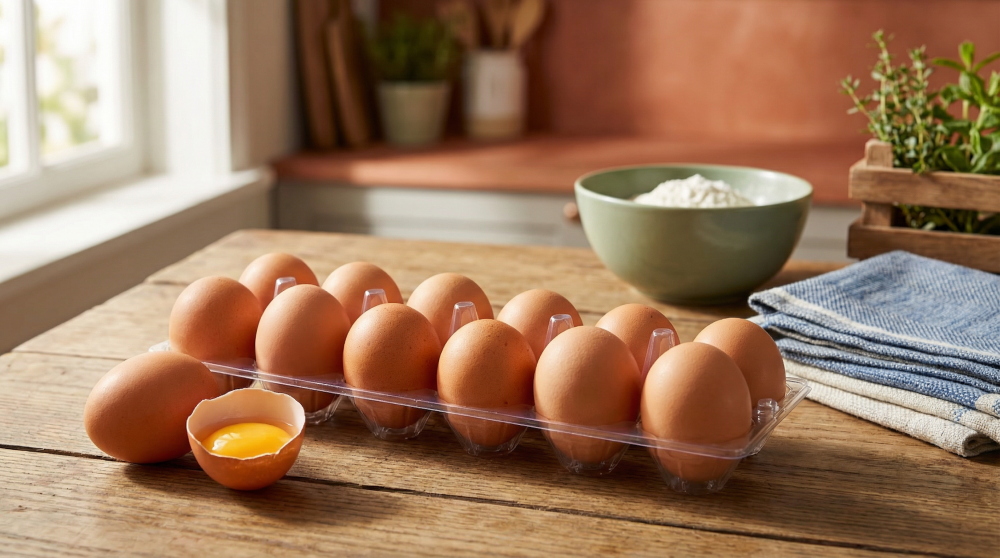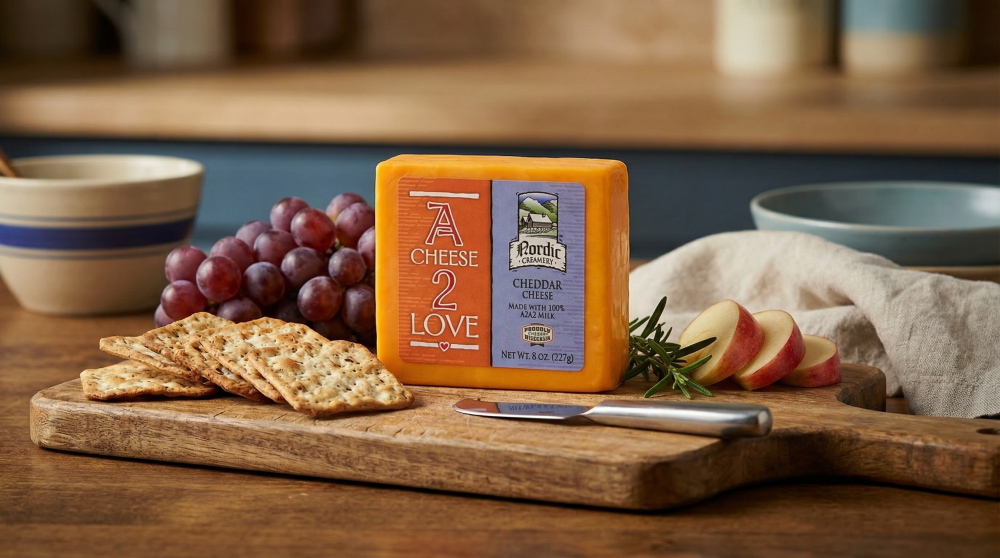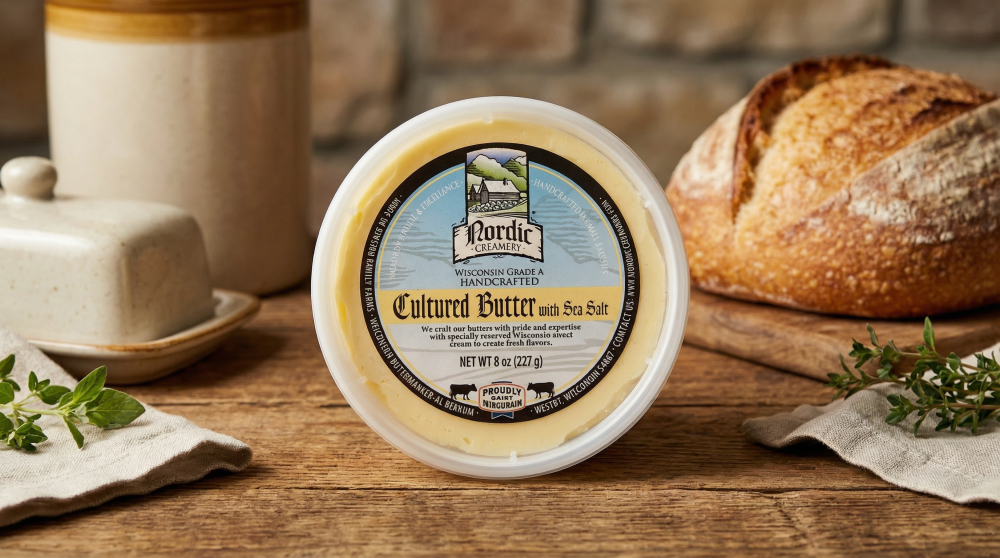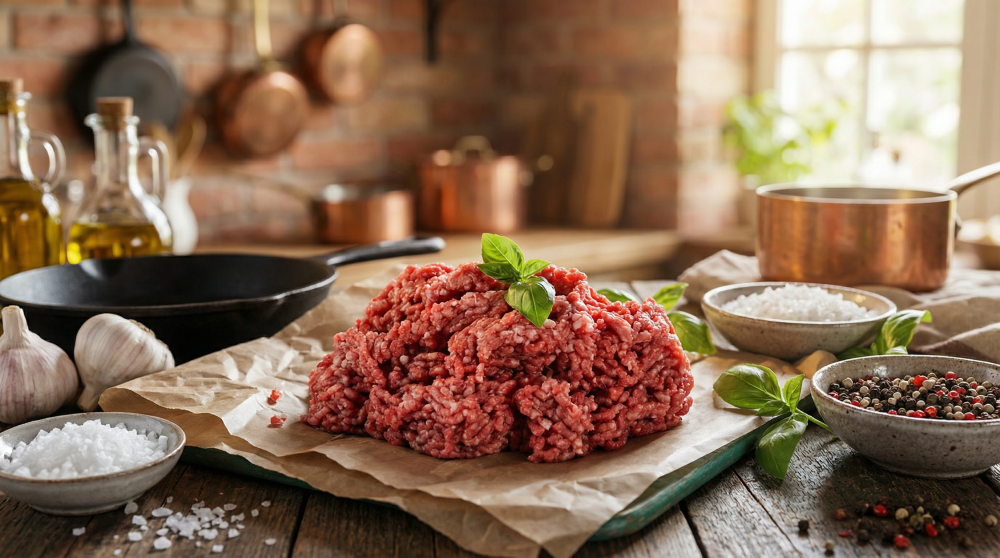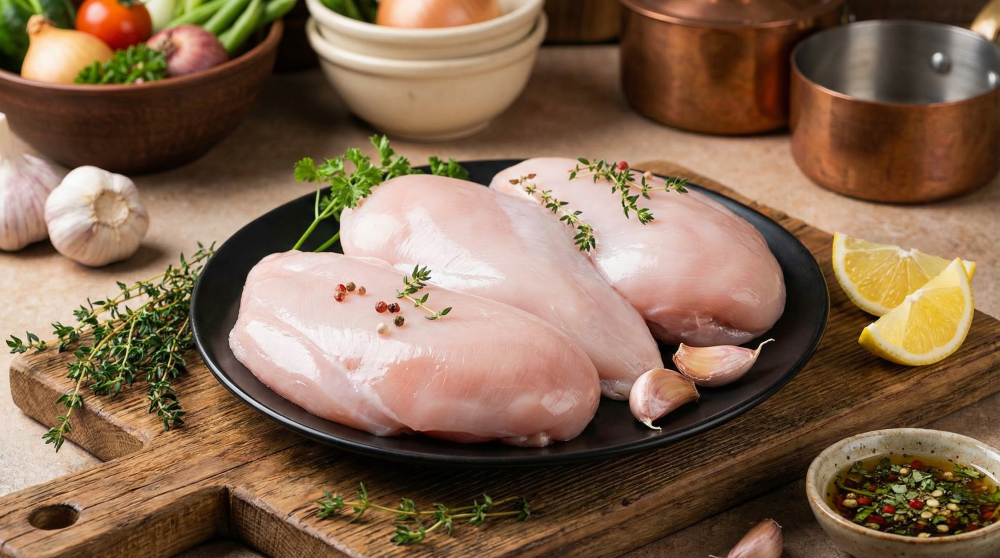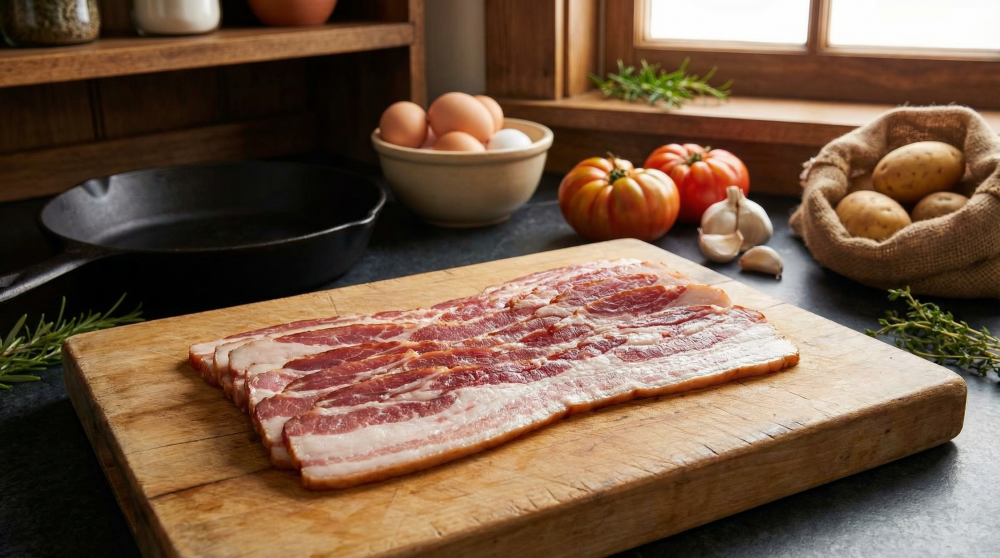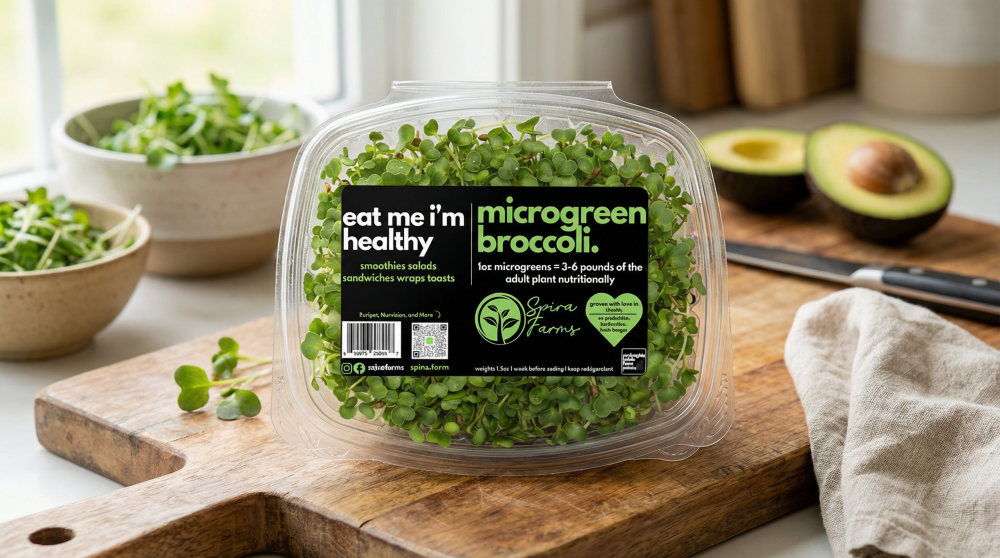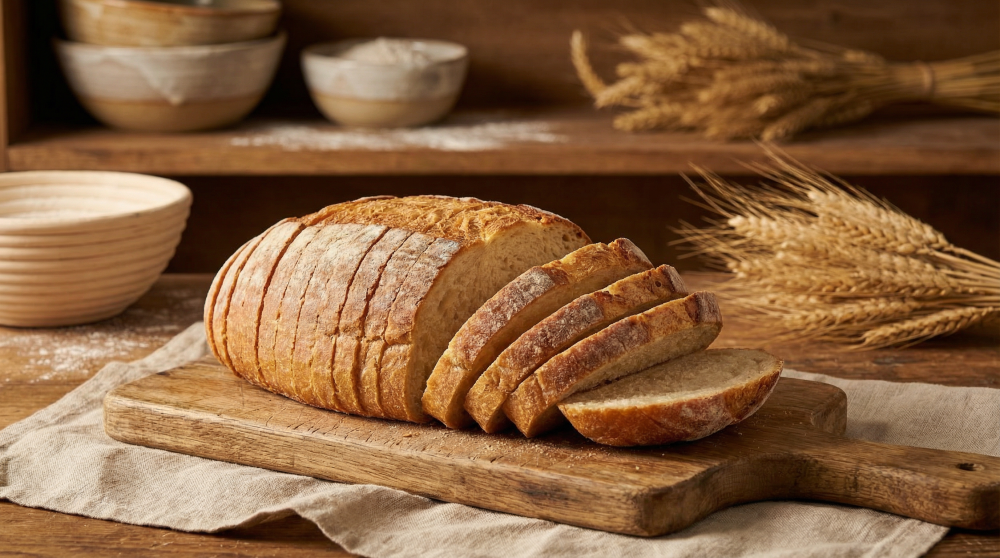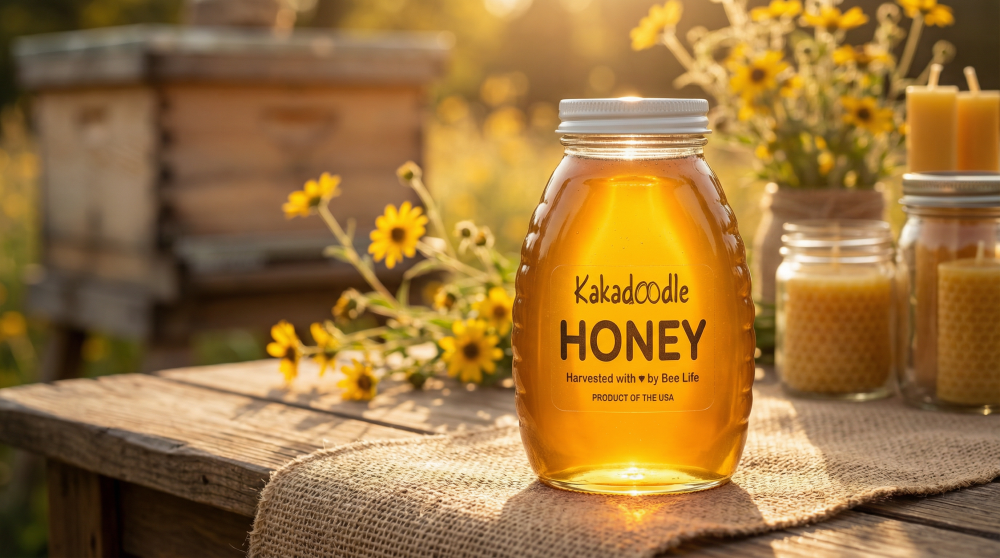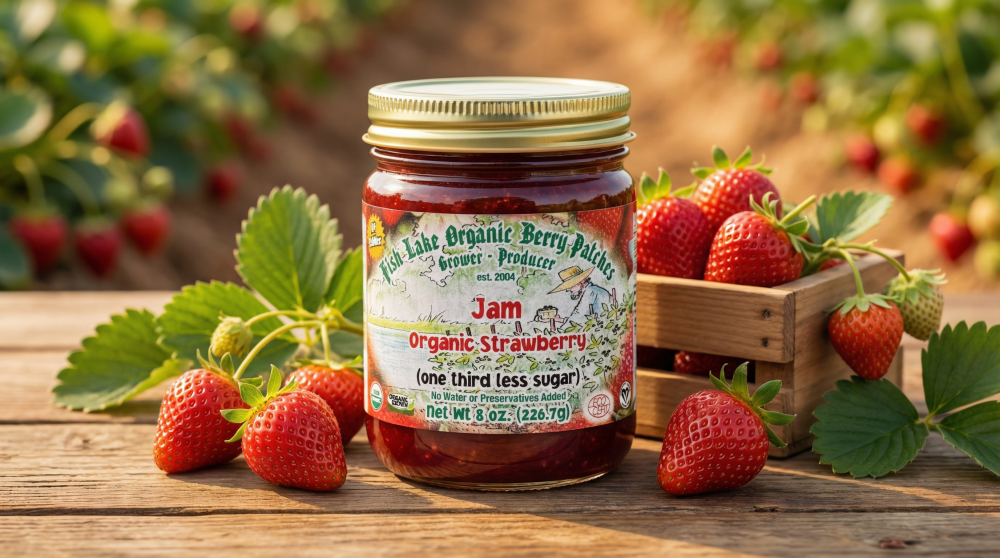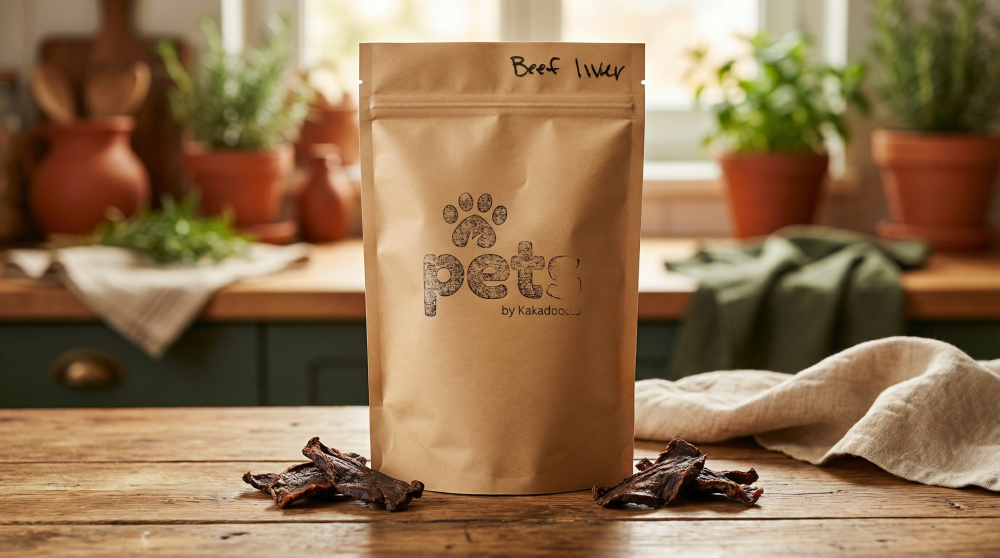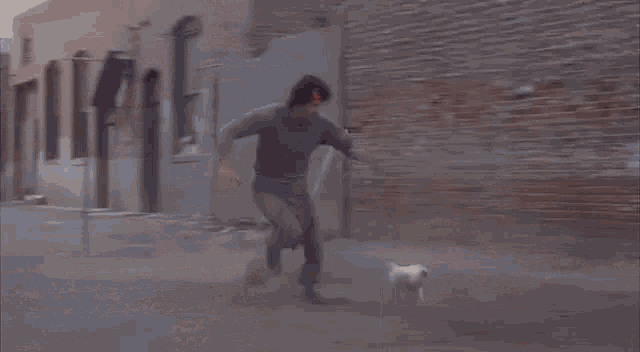article What We Feed Our Families Matters
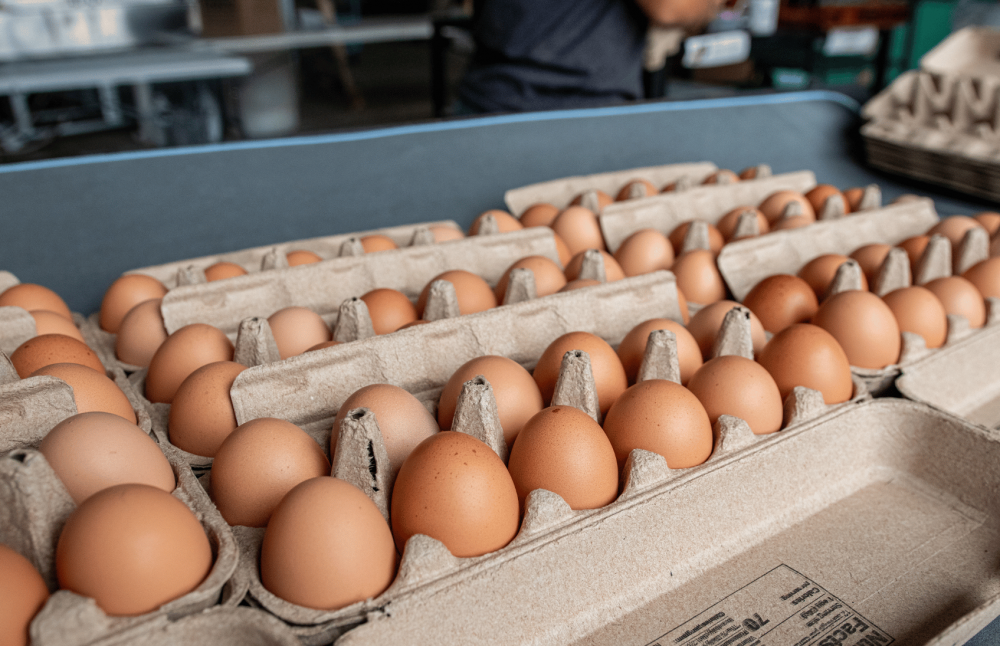
What We Feed Our Families Matters
If you’re like most of our customers, you’re not necessarily asking for “local” food or “regenerative” practices. You’re just trying to feed your family well. You want meals you can feel good about—food that’s clean, trustworthy, and won’t make you second-guess what’s on the label.
At Kakadoodle, that’s where it starts, too.
We source food the way we’d want it for our own kids.
That means:
1. Chemical-Free
We partner only with farmers who skip the synthetic pesticides, herbicides, and additives—and feed their animals non-GMO feed. This matters because most GMO seeds are designed to work hand-in-hand with chemical sprays, locking farmers into chemical-intensive systems. By avoiding GMOs and chemicals, we’re choosing cleaner food and healthier soil.
Why it matters:
Chemicals like glyphosate have been linked to chronic health issues, including the cancer that Kakadoodle’s co-founder Marty battled years ago. We take that seriously—especially when it comes to what we feed our children.
2. Direct from Farmers (With Faces)
When you buy from Kakadoodle, you’re buying from real people. Not brands. Not warehouses. Not “natural” food made by giant corporations with big logos. We know our farmers by name, and so can you.
Why it matters:
You deserve to know where your food comes from—not just for peace of mind, but because trust is built through relationships. You don’t have to shake their hand. But we have.
3. As Local as Possible
We prioritize farms near you—not because it’s trendy, but because it’s practical. Local food means fewer miles traveled, less time in storage, and more nutrient-dense meals on your table.
Why it matters:
Food starts to lose nutrition the moment it’s harvested—especially vitamins like C and B. The closer the farm, the fresher the food, the more goodness it retains. Plus, buying local keeps dollars in the community, supporting farmers, creating jobs, and building resilience right where you live.
The Bigger Idea
When more people choose food this way—even passively—we start to reshape the food system itself.
The industrial food model depends on centralized control:
Big farms, long-distance trucks, faceless brands, and chemical shortcuts to keep margins low.
We’re building something different.
A decentralized food system means your food comes from many small farms—not one giant one. It keeps dollars in local communities. It gives independent farmers a real future. And it makes our food supply more resilient, not more fragile.
We don’t expect you to change the world.
All you have to do is shop the way you already want to: healthy, convenient, trustworthy.
Kakadoodle does the hard part.
And together, we’re quietly changing what food can be.
